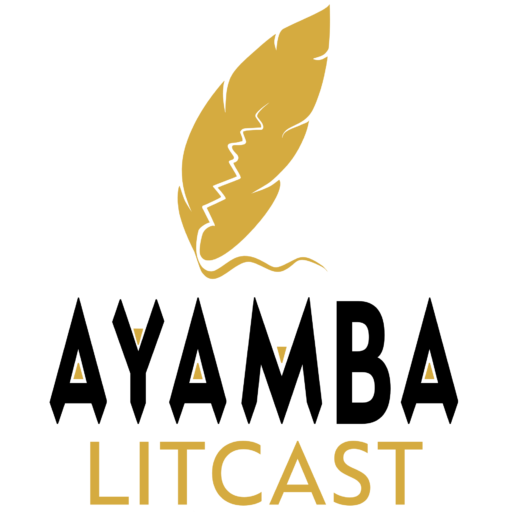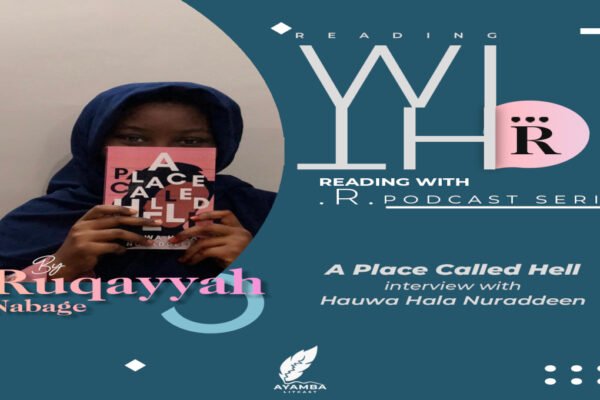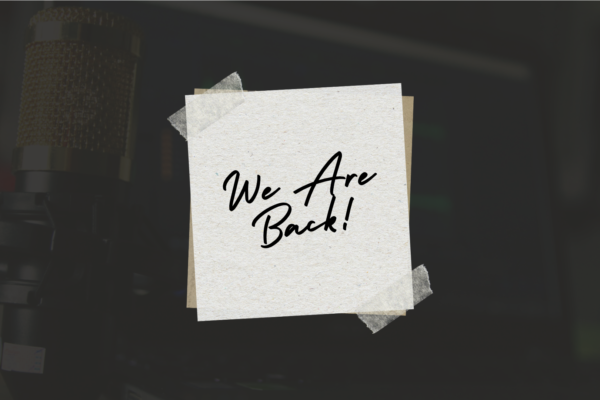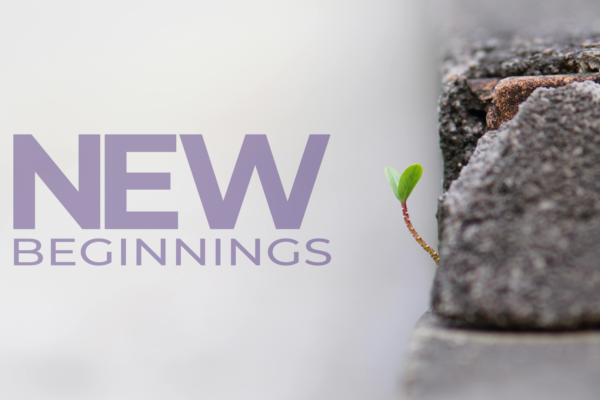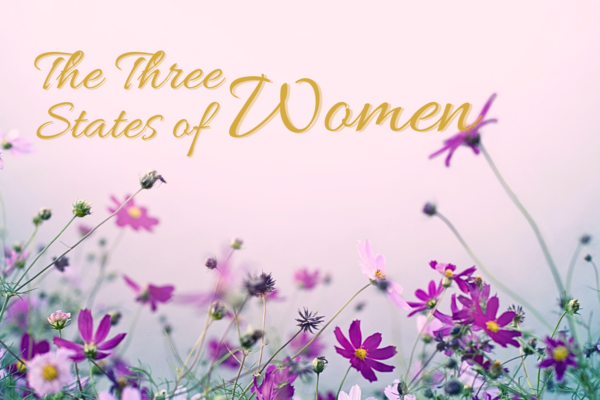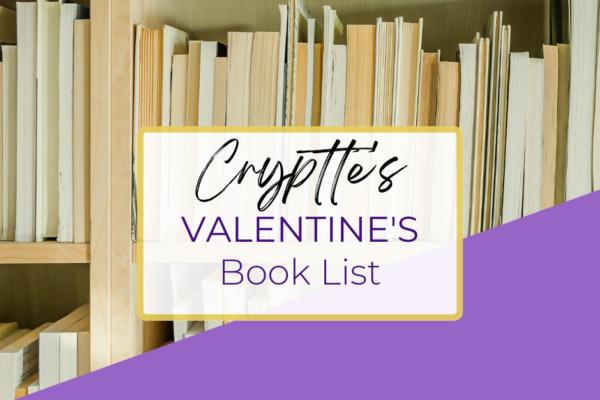Ayamba: Hello, good morning. Thank you for agreeing to talk with us.
Abubakar : It’s a pleasure.
Ayamba: I understand that while most Nigerians were still coming to terms with the pandemic, you were already self-isolating, having only returned from a high-risk country. What were those few weeks like?
Abubakar: I was in France when the whole thing went from 0 to 60 in a minute. I was in a residency programme in a small village in southern France away from the noise of the world, apart from the occasional influx of internet news. It was like being in isolation in any case. In those times, I was mostly calm and though I took necessary measures while going out to get groceries for instance, I did not entertain much fear.
But then, France had to shut down and I had to get out as soon as I could. Back in Nigeria, I had to isolate. And in those two weeks, I felt more anxiety than ever, fearing that while running through airports to get home, I might have caught something. The greatest worry was passing it on to others. So every headache or discomfort I felt in that period triggered a slight apprehension. Sort of, is this the start of something?
Fortunately, many more weeks have passed, and I did not bring anything bad home. That has been a great relief.
Ayamba: Indeed, congratulations. And yes, I agree with you. Our imagination can play mean tricks on us sometimes, channelling our innermost fears into shapes too horrid to comprehend. More so now, with the influx of real and fake news on the internet all trying to explain the virus, in what ways have you shielded yourself from the media panic?
Abubakar: It was easier to shield myself from the news while I was in France. Like I said, it was a sort of isolation anyway, only when you went on social media or checked on news sites that you got the news. But back in Nigeria, it became harder because one is surrounded by people, and the NCDC was regularly calling to check on my status, and that also corresponded with the rising cases in Nigeria. Before my isolation ended, the lockdown had been imposed and that was all people could talk about. So it was hard to escape it.
After isolation, I went back to work of course, dealing with the news every day. There was no escaping it. But I always have a way of staying sane. I access news only when necessary and get on with my life the rest of the time. The media is playing an important role in this time, but it is also easy, especially for the unregulated ones like blogs and social media, to spread false and alarmist information that cause more damage than good. The Trump ‘chloroquine’ wahala easily comes to mind.
Ayamba: Lol, and also the ‘disinfectant episode’. It is sad that world leaders could stoop to making jest of a serious issue such as this. There is nothing worse for a people than to have misinformed leadership while dealing with a global disaster.
Abubakar: Well, to be fair, a good number of us have shared jokes about the pandemic. Nigerians have deployed their unfailing, and sometimes inappropriate sense of humour, as a coping mechanism. But make no mistake about it, this is a serious issue with people dying. There are people who by virtue of their position, can’t afford to joke about these issues or make stupid comments. This category includes leaders and medical professionals.
Ayamba: But we are a people who easily forget and if an issue isn’t right up in our faces or affecting us personally, we tend to undermine its seriousness. For instance, our health workers in Nigeria are not adequately kitted to face such a pandemic. And yet, we overlook the risks they take daily to save lives.
As a journalist and obviously an essential worker, what kind of risks do you face in order to do your job?
Abubakar: Under normal circumstances, the fact of being alive means you are exposed to risks. You are at risk being at home, you are at risk crossing the street, or buying roasted corn by the road side. That is the precarious nature of life. What the virus has done is to introduce another level of risk. So the fact is when people are being advised to stay home, and you have to go to work, it means being exposed to this new risk more than others.
Ayamba: As a journalist and obviously an essential worker, what kind of risks do you face in order to do your job?
Abubakar: An office is a shared space. Even though the number of people coming to work has been drastically cut to lower the risk, one is careful about pushing elevator buttons and touching door knobs. Thank God for his grace; and for plenty bottles of hand sanitizers, facemasks, and social distancing.
Ayamba: I am glad you work in a place where people adhere to rules.
There is this ongoingon-going argument among creatives, that having time on their hands has not helped inspire quality works. How has this period affected your creativity?
Abubakar: I think there is a mistake people make about writers and time. They forget that one has to be in the right frame of mind as well. Some people have a valve they can tune easily to put themselves in that frame. It is not so simple for others. Their level of resilience is different. Some are more prone to anxiety. Others have to worry about where the next meal is coming from and how to pay bills or buy data. Others have no such worries. So, it is inherently unfair to lump the same expectations on all writers, run the same rule over them.
In my case, I was already in the right frame of mind before this. I was in the middle of a project, and then I was on residency working on it. Of course, when I returned to Nigeria, I drifted for nearly a week. I admit it was even a struggle to read in that first week. But after that, I adjusted, went back to work, and completed my project. Now I don’t feel guilty not writing. I am giving myself permission to unplug from the writing I have been doing in the last few months. Different writers are at different stages of their works and in their lives, and these factors play into what they do with the time that has been enforced on them.
Ayamba: I’m gladGood thing you talked about reading. Most people are seeking for various means of distraction at the moment; some have found it in books, others in music or movies, and of course, on social media. What is your drug? What do you do to unwind from it all?
Abubakar: In that first week that I couldn’t focus, I found pleasure in those comedy skits on social media. A good number of them were humorous. Now I find them annoying. Maybe it is my lack of patience. Each time I am on social media and come across some of those videos, I find myself scrolling faster.
But I am back to reading now, so that is a huge relief. I have also found myself watching series on TV, and I have discovered quite a few that are interesting.
Ayamba: Could you care to share some of the titles of these series and books?
Abubakar: Sure. I have discovered Little Fires Everywhere, featuring Kerry Washington and Reese Whitherspoon. It is a mini-series based on the novel by Celeste Ng. I just started following The Outsider, adapted from Stephen King’s novel. It is a supernatural thriller.
There is the new McGyver series too. I remember watching the old version as a kid, so I am curious to see what the new series does. So far, I don’t know, but I will class it with the Batwoman series, which much like Supergirl is maybe, not as exciting with the right kind of tension one would want. I am reading a couple of books as well. Orhan Pamuk’s A New Life and Alain Mabanckou’s African Psycho.
Ayamba: Thank you for the list.
Your struggle might be different from other people’s. But what’s the most difficult thing you’ve had to deal with since the pandemic began?
Abubakar: I guess knowing that there are so many people out there in need of some kind of support or assistance, and you simply can’t help everyone.
On the issue of struggle, I think people should be allowed to suffer their anxieties in peace without the added guilt and accusation that they are not being productive. These are difficult times for people. Most people have never experienced this level of disruptions in their lives. Not all of us have lived through violent crisis and the likes, so we should all be considerate and support each other in our various areas of needs.
Ayamba: Thank you for granting this interview. Do continue to stay safe.
Abubakar: Thank you too.
Abubakar Adam Ibrahim is a Nigerian writer and journalist. He is the author of the novel Season of Crimson Blossoms, and the short story collection, The Whispering Trees. A 2013 Gabriel Garcia Marquez Fellow and 2015 Civitella Ranieri Fellow, he was shortlisted for The Caine Prize for African Writing in 2013, and won the BBC African Performance Prize, and The Amatu Braide Prize for Prose. He writes for the Daily Trust nNewspapers in Abuja.
The interviewer, Hauwa Shaffii has her bio in the members’ profile section.
